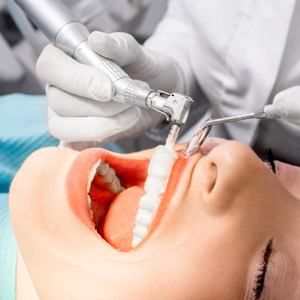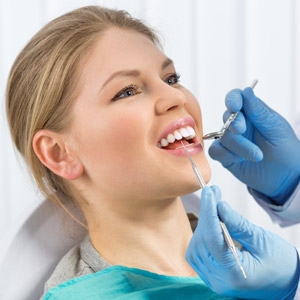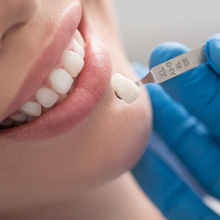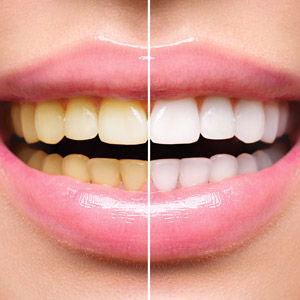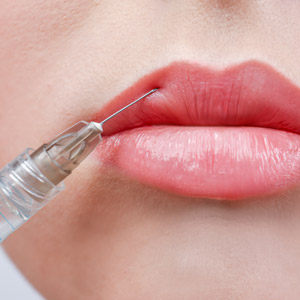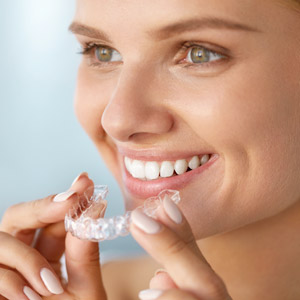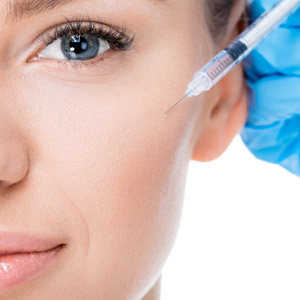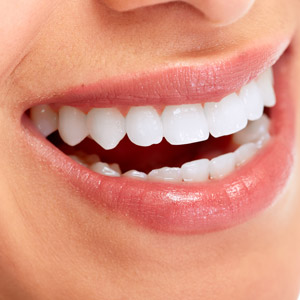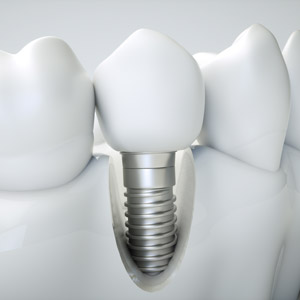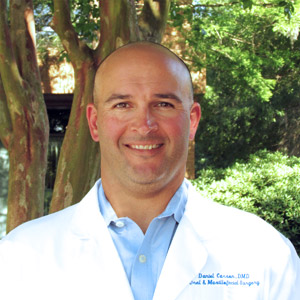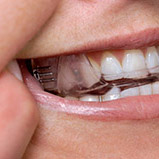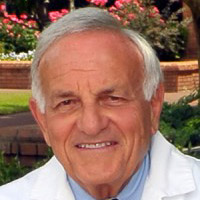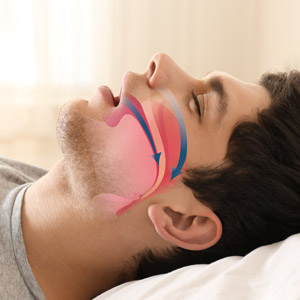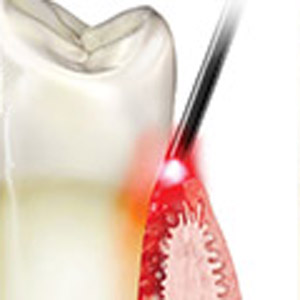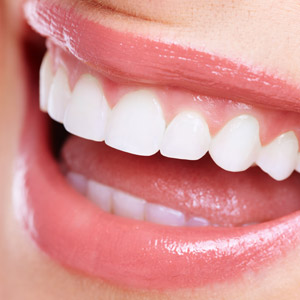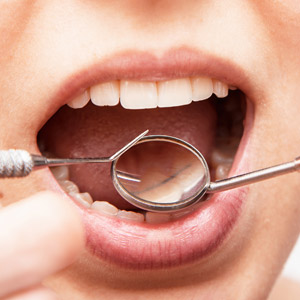Savannah
6602 Abercorn St. #101
912-354-3444
Office Hours
Mon-Thu:8-6 Fri:8-3
 Contact US
PATIENT FORMS
Contact US
PATIENT FORMS
Bluffton
15 Buck Island Rd.
843-706-2146
Office Hours
Mon-Thu:8-4:30
Closed from 1-2 pm for lunch
 Contact US
PATIENT FORMS
Contact US
PATIENT FORMS
Savannah
318 Johnny Mercer Blvd. #12
912-897-4548
Office Hours
Mon-Thu: 8-5
Closed from 1-2 pm for lunch
 Contact US
PATIENT FORMS
Contact US
PATIENT FORMS
Brunswick
114 Altama Connector
912-262-6688
Office Hours
Mon-Thu:8-5
 Contact US
PATIENT FORMS
Contact US
PATIENT FORMS
PERIODONTICS
PERIODONTICS
Periodontal diseases has become a critical practice in dentistry as research has indicated a direct relationship between periodontal disease and chronic diseases. At Morrison Dental, we embrace the prevention, diagnosis, and treatment of periodontal disease, and our practice can treat periodontal cases ranging from oral inflammation to more complex issues such as those with severe gum disease through a diverse variety of treatment options.
Rutledge Coleman, Jr. DMD

Dr. Coleman joined Morrison Dental Associates in 2017 and specializes in periodontal dental care. He received a Certificate of Periodontology from the Medical College of Georgia. With an accomplished history of practicing periodontal dentistry, Dr. Coleman is acknowledged for his expertise in the use of laser periodontal treatment promoting new bone growth and gum tissue reattachment.
Crown Lengthening
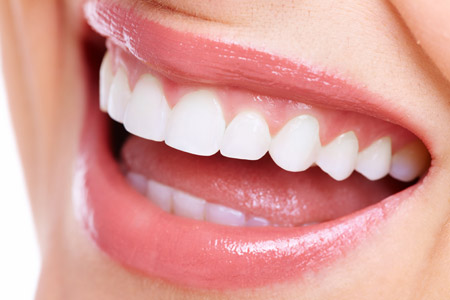
Crown lengthening elongates the appearance of a tooth by removing part of the gums. It is a procedure used to expose more of a tooth lying beneath the gumline so that it can be removed or repaired. Crown lengthening is usually required in instances of tooth decay or a broken tooth. In order to place a crown on a tooth, there needs to be enough surface to firmly attach it to. This is usually when crown lengthening is implemented.
There are several important steps necessary before your crown lengthening surgery. A periodontist will need to study your X-rays in order to determine when surgery can be scheduled. It's possible that both gum tissue and bone will need to be removed in the process. This can affect the extent of surgery and recovery.
There will be follow up visits after your crown lengthening surgery to remove stitches and monitor swelling. Infection is possible after any oral surgery, and another important reason to schedule follow up appointments. A pain reliever will be prescribed after surgery to facilitate recovery. Healing will take around 1 to 2 weeks. You'll need to wait about three months before your teeth can take a final crown. Your regular dentist will be able to place the crown.
Crown lengthening is a beneficial procedure to your overall oral health, and the best part is the confidence boost you'll receive. It's difficult to be your best self while worrying that your smile could hold you back. Morrison Dental Associates wants to help you reclaim your smile with as little discomfort and inconvenience as possible.
Laser Surgery
Morrison Dental Associates offers a minimally invasive periodontal surgery procedure called the LANAP protocol.
Gum disease is a chronic inflammatory disease that destroys the tissue and bone around the teeth. If left untreated, the disease can lead to receding gums, loss of bone and, ultimately, tooth loss.
Dr. Rutledge Coleman, DMD, has received intensive training in the LANAP protocol at the Instititute for Advanced Laser Dentistry. The LANAP protocol is the only laser periodontitis treatment scientifically and clinically proven to regenerate both soft tissue and bone, with FDA clearance for True Regeneration. This gentle laser treatment is performed at Morrison Dental Associates with the only laser specifically designed for the LANAP protocol - the PerioLase MVP-7.
Overview of the LANAP protocol:
The drawing illustrates the LANAP protocol steps:
- Periodontal probe indicates excessive pocket depth
- Laser light removes germs and diseased tissue
- Ultrasonic scaler removes root surface tartar
- Bone modification promotes new tissue growth
- Laser finishes cleaning pocket, stimulates growth factors and aids in sealing the pocket closed
- Healing of gums to clean root surfaces occurs
- Bite trauma is adjusted
- Tissues and bone re-grow and healing occurs

Connective Tissue Graft
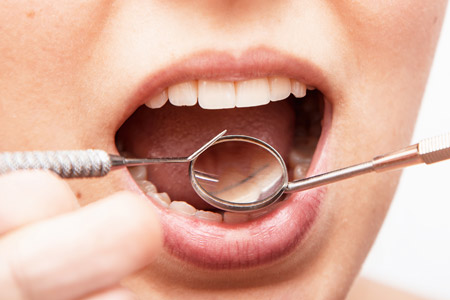
Connective Tissue Graft surgery is a specific form of Periodontal Plastic Surgery. This procedure can be both preventative and cosmetic. Gum recession is the primary cause for needing a tissue graft. Gum recession is when the gums pull away from a tooth, exposing more and more bone. This makes your teeth susceptible to damage and pain.
Gum recession might go unnoticed for longer than other dental maladies, leading to more sufferers and more frequently severe cases. It's important to pay attention to gum recession because it can contribute to bone loss and therefore tooth loss. Gum recession will also cause tooth sensitivity if left untreated. The good news is that choosing to address gum recession will ensure both an attractive and healthy smile!
While you recover from this surgery, you'll need to avoid flossing or brushing the affected area. Your doctor will prescribe a special rise to prevent plaque buildup as well as an antibiotic to ward off infection. As with wisdom tooth surgery and most oral surgery, you'll need to restrict your diet to soft, cold foods for a couple of weeks.
Tissue Graft surgery isn't as intimidating as it sounds. The recovery process after a connective tissue graft is usually mild. There might be discomfort for a few days, but you will likely recover quickly. However, as with most cases, your recovery will be specific to your circumstances.
At Morrison Dental Associates, we provide the highest level of expertise and patient care. As a patient with Morrison Dental, you can rest easy placing your oral care in our hands. We want to help you achieve the healthiest support system for your teeth to extend the life expectancy and effectiveness of your teeth.
TMJ Treatments

TMJ stands for "temporal-mandibular joint." Temporal refers to the temple area of skull. Mandibular, or the mandible, is the lower jaw. And the joint is where the head and jaw meet. Where the two bones meet there is also cartilage (a buffer for the bone) and five key muscles in the area. If you begin to experience issues in this joint it could be caused by a misalignment of the teeth, trauma, or excess muscle tension. Stress to the temporomandibular joint can lead to a variety of aches, pains and difficulty.
Problems in the TMJ area can cause:
- Headaches
- Earaches
- Trouble/soreness in opening and closing the mouth
- Clicking or popping of the jaw
- Pain in the jaw muscles
- Soreness in the area, sometimes extending to the face
Dental treatments for the condition can include moving teeth, (through orthodontics), polishing teeth to adjust the bite, or using a night guard. There is no one solution that is right for all cases.
Because issues in this region are so often caused by clenching or grinding (especially during sleep), a plastic mouthpiece is often the simplest, most effective solution. A night guard cushions your teeth from the severe pressure that your strong jaw muscle can inflict.
Periodontal Plastic Surgery
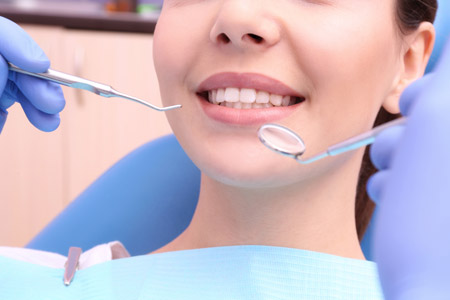
Periodontal Plastic Surgery is also known as a "Gingival Graft." This is a general term for a periodontal surgery in which the gum tissue is grafted. The Connective Tissue Graft, for example, is a type of Periodontal Plastic Surgery. Periodontal Plastic Surgery is designed to restore function and appearance to gum tissue as with the Connective Tissue Graft. This procedure creates a stable base for your teeth to ensure function and durability.
Periodontal gum disease will require some behavioral changes in addition to surgical action. Your periodontist will work with you to determine a behavioral plan to execute at home. While surgery can help correct damage already affecting your teeth, the greatest measure against future damage is preventative action. You can talk with one of our professionals at Morrison Dental Associates about the steps you can take at home to take better care of your gums and teeth. Regularly caring for your gums and teeth is an invaluable step towards long term, healthy teeth.
These steps might include some or all of the following:
- Techniques for oral hygiene
- Quitting smoking
- Bite therapy
- Tartar or plaque removal regimen
- Flossing regularly
Periodontal Plastic Surgery includes a range of procedures that cover exposed root tissue. Tissue is taken from the roof of the mouth and attached to the gum line. The benefits of this procedure are both aesthetic and practical! Symptoms of gum recession might include sensitivity to temperature or certain foods. If you struggle to get through a drink, meal or brushing for fear of tooth sensitivity, it's time to seek professional help. If you want to improve the appearance of your smile while simultaneously improving your periodontal health, contact Morrison Dental Associates to determine if Periodontal Plastic Surgery is right for you.
Recovery from any Periodontal Plastic Surgery will require routine follow ups to monitor swelling and potential infections. You'll likely have to restrict your diet for some time after surgery to cold, soft foods like yogurt, applesauce, and (cooled) instant oatmeal and soup.

